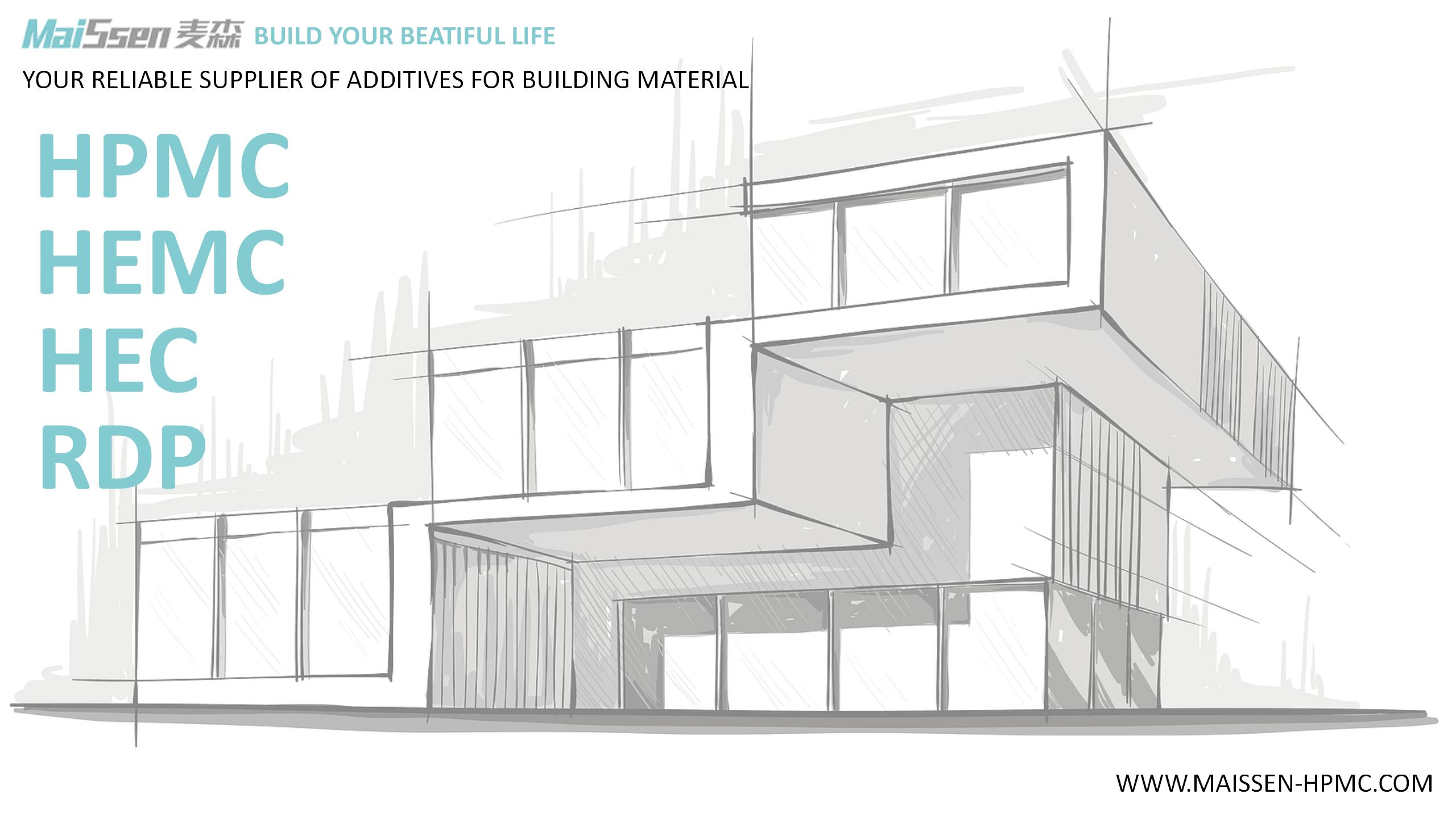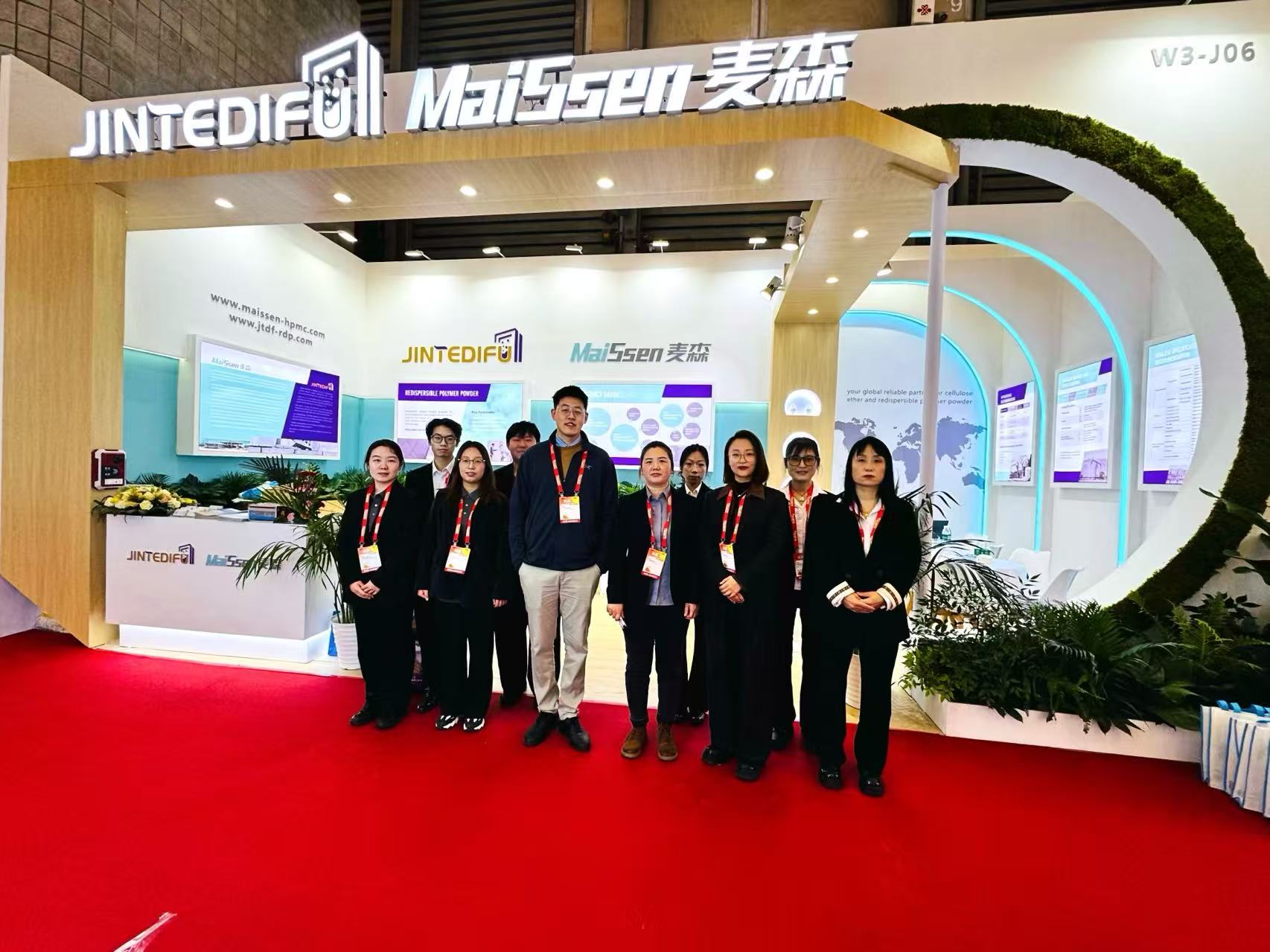EIFS Mortar (Exterior Insulation and Finish System Mortar) is a specialized mortar used in Exterior Insulation and Finish Systems (EIFS), mainly used to bond the insulation layer, reinforcement layer and finishing layer. The EIFS system is a multi-layer exterior wall insulation system, which is widely used in the exterior walls of buildings and has the functions of insulation, waterproofing, decoration, etc. The following is a detailed introduction to EIFS mortar:
1. Composition of EIFS system
The EIFS system usually consists of the following layers:
· Adhesive Layer:
It is used to fix the insulation board (such as EPS, XPS) to the wall.
· Insulation Layer:
EPS (polystyrene foam board) or XPS (extruded polystyrene board) is usually used as insulation material.
· Reinforcing Layer:
It is composed of EIFS mortar and fiberglass mesh cloth, which is used to enhance the crack resistance and impact resistance of the system.
· Finish Layer:
It provides decorative effects and is usually made of colored mortar or paint.
2. Types of EIFS mortar
EIFS mortar can be divided into the following categories according to its use:
· Adhesive Mortar:
Used to stick the insulation board to the wall.
· Base Coat Mortar:
Used to cover the insulation board and embed the fiberglass mesh cloth to form a reinforcement layer.
· Finish Coat Mortar:
Used for the outermost layer to provide decorative effects and waterproof protection.
3. Main components of EIFS mortar
EIFS mortar is usually composed of the following components:
· Cementitious material:
Cement (ordinary Portland cement or white cement) is the main cementitious material, providing strength and durability.
· Aggregate:
Fine sand or quartz sand, used to fill and enhance the mechanical properties of mortar.
· Polymer additives:
RDP (redispersible latex powder): improves bonding strength, flexibility and crack resistance.
Cellulose ether: improves the water retention and construction performance of mortar.
· Other additives:
Waterproofing agent, anti-cracking fiber, retarder, etc. are used to enhance the specific properties of mortar.
4. Performance requirements of EIFS mortar
EIFS mortar needs to meet the following performance requirements:
· Bond strength:
Ensure a firm bond between the insulation board and the wall to prevent falling off.
· Crack resistance:
Able to resist cracking caused by temperature changes or structural deformation.
· Flexibility:
Have a certain elasticity to adapt to the slight deformation of the building.
· Water resistance:
Able to resist moisture penetration and protect the insulation layer and wall.
· Weather resistance:
Able to resist the influence of environmental factors such as ultraviolet rays, temperature changes and humidity changes.
· Construction performance:
Has good operability and easy construction, such as easy to apply, scrape and polish.
5. Construction steps of EIFS mortar
· Base treatment:
Clean the wall surface to ensure it is flat, clean and oil-free.
· Pasting insulation board:
Use bonding mortar to fix the insulation board to the wall.
· Plastering mortar construction:
Apply plastering mortar on the insulation board and embed fiberglass mesh cloth to form a reinforcement layer.
· Finishing mortar construction:
Apply finishing mortar on the reinforcement layer to form a decorative effect.
· Maintenance:
After the construction is completed, carry out proper maintenance to ensure that the mortar performance is optimal.
6. Advantages of EIFS mortar
· Excellent insulation performance:
The combination of insulation layer and mortar significantly improves the insulation performance of the building.
· Diverse decorative effects:
The finishing mortar can provide a variety of colors and textures to meet different decorative needs.
· Good waterproof performance:
EIFS mortar has good waterproof performance and protects the wall from moisture erosion.
· Strong durability:
It can resist the influence of environmental factors such as ultraviolet rays, temperature changes and humidity changes, and extend the service life of the building.
7. Application scope of EIFS mortar
· New buildings:
Used for exterior wall insulation and decoration.
· Renovation of old buildings:
Used for energy-saving renovation and exterior wall renovation of existing buildings.
· Commercial buildings:
Applicable to exterior wall insulation and decoration of commercial buildings such as office buildings, shopping malls, and hotels.
· Residential buildings:
Applicable to exterior wall insulation and decoration of residential buildings such as residential communities and villas.
8. Precautions for EIFS mortar
· Construction environment:
The construction temperature should be above 5°C, and construction should be avoided on rainy or windy days.
· Material storage:
Mortar should be stored in a dry and ventilated environment to avoid moisture.
· Construction quality:
Strictly follow the construction specifications to ensure the thickness and uniformity of each layer of mortar.
Summary
EIFS mortar is a key material in the exterior wall insulation system, with excellent insulation, waterproof, decorative and durable properties. Through reasonable design and construction, the EIFS system can significantly improve the energy saving effect and appearance quality of the building. The performance and construction quality of EIFS mortar directly affect the effect of the entire system, so special attention should be paid during material selection, if you need Cellulose ether and RDP for EIFS, please feel free to contact us - bruce@mailose.com






